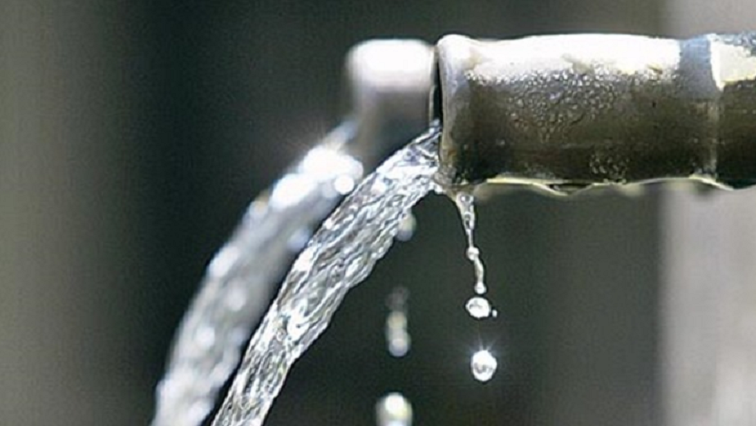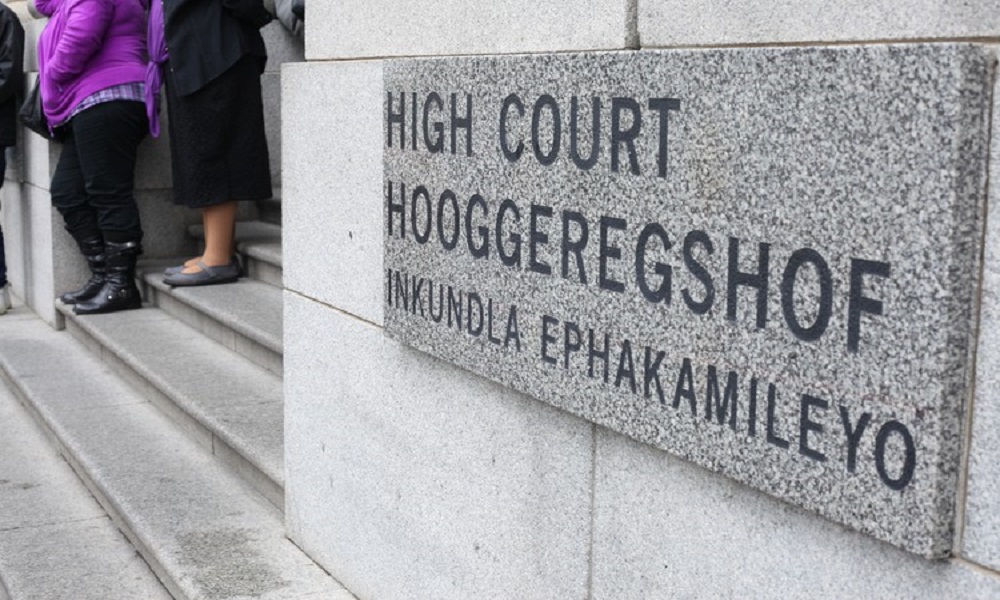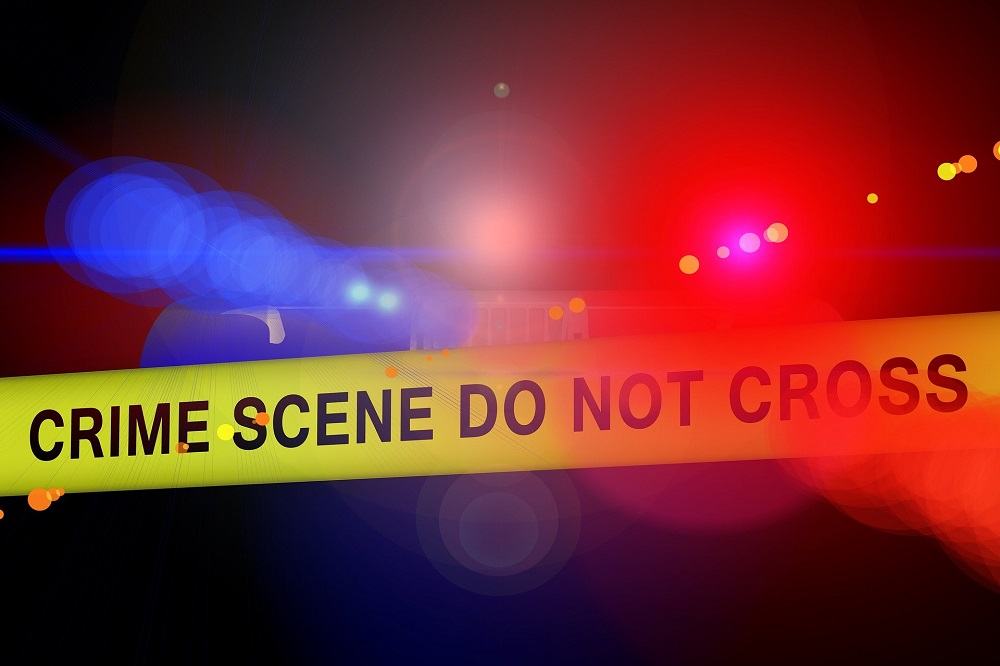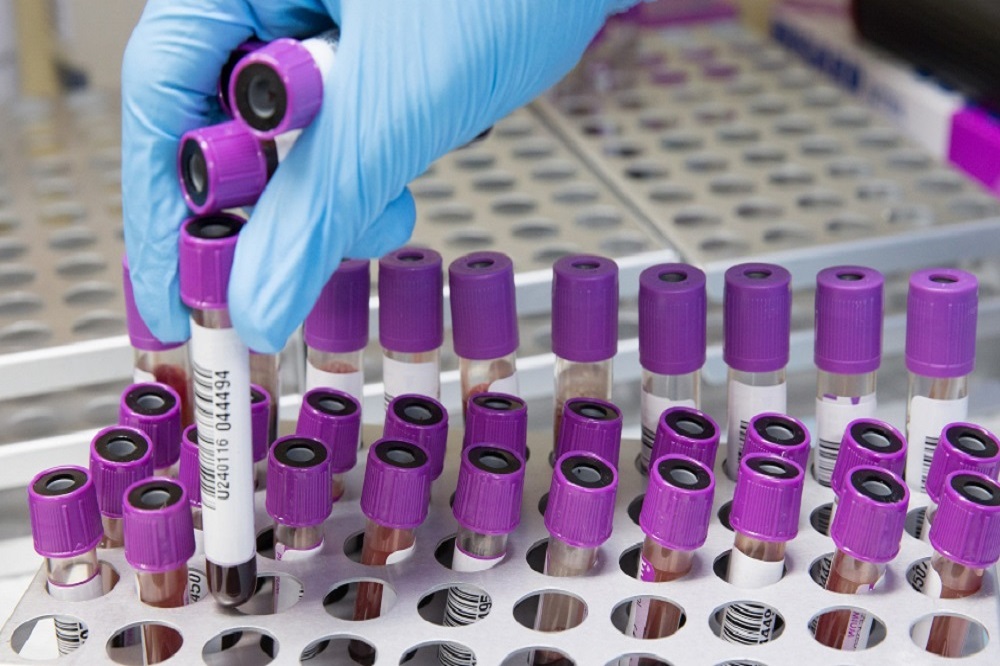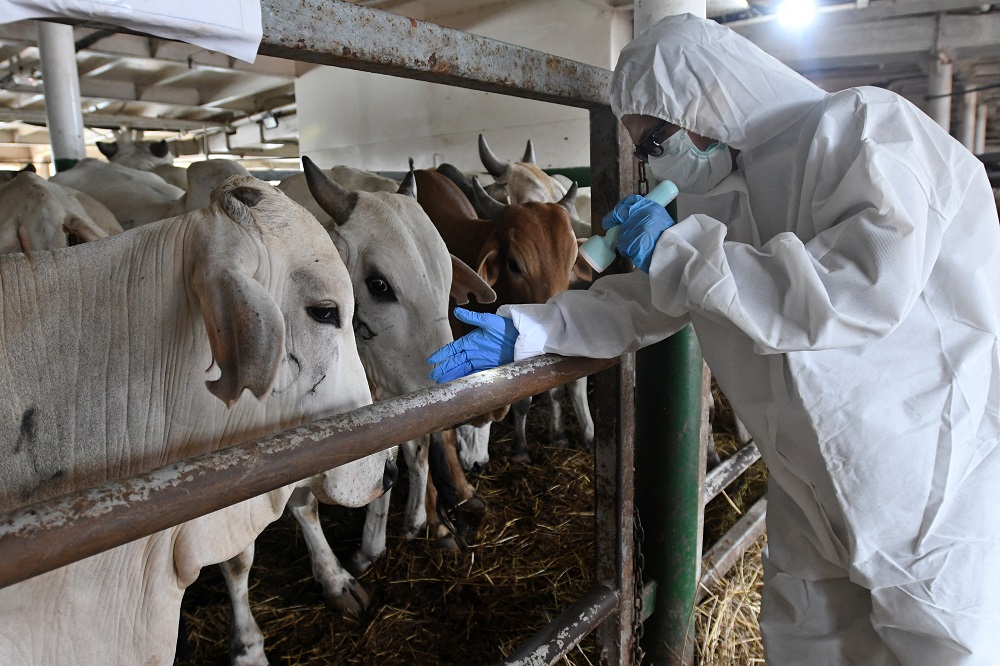-
For years the people of Hammanskraal and surrounding areas have been without clean drinkable water.
Some residents in Hammanskraal, Tshwane, could soon see clean, potable water come out of their taps following the launch of phase one of the Magalies Klipdrift plant last month.
However, others remain doubtful as they still can’t access water, a month after the plant was officially completed and handed over to the Tshwane municipality by the Water and Sanitation Department.
Water problems in Hammanskraal span almost two decades. The crisis came to a head more than a year ago, following the deaths of just over thirty people from a cholera outbreak.
Jacob Mulaudzi’s family in Majaneng village is among those who’ve lost a loved one due to the waterborne illness. Mulaudzi’s niece, Tebatso, had just secured a post as a teacher when tragedy befell the community, north of Pretoria.
“She had completed her tertiary education and was about to start teaching at a local primary school in the same week that she died of cholera.”
And more than a year later. There’s still no hope of clean water from their taps.
“As residents of Hammanskraal, I think we can all see that we’ll never get water. Instead, there’s going to be a lot of changes and delays,” Mulaudzi adds.
Delays in refurbishing the Rooiwaal Wastewater Treatment Plant over the years have left residents like Mulaudzi relying on water tankers.
Following years of failure and finger-pointing, the government finally launched phase one of four of the Klipdrift potable water package plant last month.
The R758 million project is being implemented by Magalies Water. The current completed phase will bring 12.5 megalitres of potable water into the bulk supply scheme.
Although water is available, further testing is required to ensure that the quality is not compromised.
Magalies Water CEO, Ofentse Nthutang explains, “We’re flushing the system, and we have been detecting water that is not compliant for human consumption. Turbidity has been one of the non-compliance issues, and colour has been one of the non-compliance issues, and we have also detected some E.coli in some of the tests that we’ve conducted.”
Minister of Water and Sanitation Pemmy Majodina says, ”We want to ensure that there’s no doubt when it comes to that water; it must be just clean water. The testing of that water will be done in the presence of Magalies, the Department of Water & Sanitation, as well as Tshwane, and once that water is tested, those results must be publicised so that the community must know we’re not hiding anything.”
“Saying the package launch was a wonderful Christmas present for Hammanskraal residents. They’ve given us the first phase, which is fully functional and produces quality water that is tested and ready for consumption,” says Tshwane Dep. Mayor Eugene Modise.
“They said to us they’ll come back and test that water because all departments are not satisfied with the quality of water, so we’re still waiting. We’re so disappointed as the SA National Civic Association,” says SANCO’s Jeffrey Nyathikazi.
“They say water is life, but for us here it’s death. I’ve lost hope that we’ll get clean water” says a resident.
The water crisis has, on the other hand, created business opportunities.
“I’ve started selling water after realising water challenges in the area, and the business has grown and is doing very well,” says Sizwe Temeka.
Meanwhile, this state-of-the-art health facility is also dependent on Tshwane’s water tankers. And will hopefully access clean water by June next year after the completion of the three outstanding phases.
“It is fully furnished so that’s why we say by June next year everything will be all right, possibly, water and some finishing touches around the area,” a local councilor explains
Some experts say the country’s water system is under severe pressure and will only get worse if not treated with urgency.
“I think we’re very near to a breaking point in South Africa, and it’s very concerning. We’re dealing with issues of quality, poor quantity, and lack of access. Only 46% of South Africans have a tap in their homes. We know that almost 9 or 10% of the population still rely on rivers and streams, which are highly polluted in South Africa,” stresses Dr. Ferrial Adam.
Earlier this year, the Public Protector commended Tshwane municipality for making strides in addressing water and sanitation challenges in Hammanskraal.
The completed phase is expected to supply residents of Marokolong, Ramotse, Kekana Gardens, Kudube Unit 9, and Babelegi Industrial, as well as parts of Mandela Village and Bridgeview informal settlement. But until this dream is realised, residents have no choice but to continue relying on water tankers or local boreholes.







